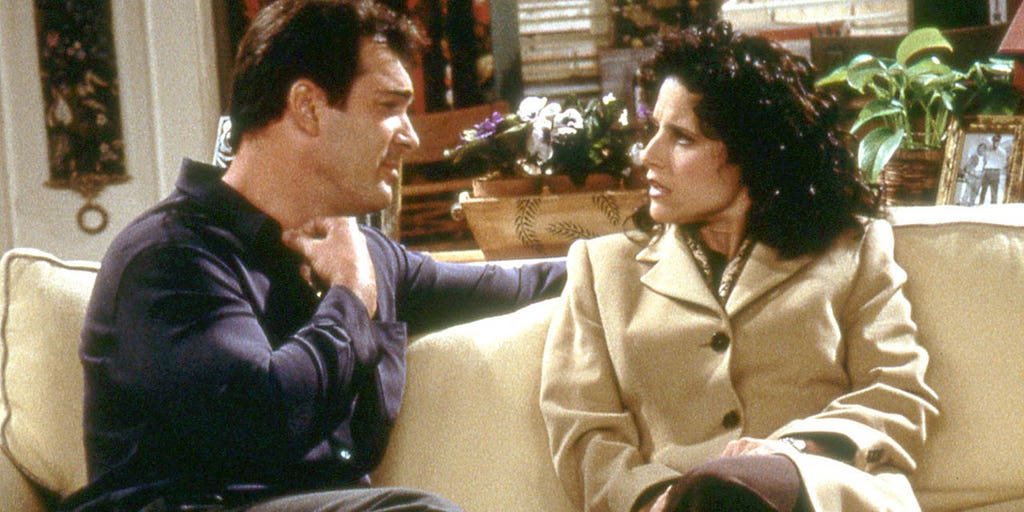From Sitcom to Spiritual Tension: How 'Seinfeld' Star's Comedy Clashed with Parental Beliefs

Patrick Warburton, beloved TV star known for his iconic roles in "Seinfeld" and "Family Guy", recently revealed the surprising tension between his entertainment career and his family's conservative background. The actor candidly shared that his deeply religious parents struggled to appreciate the comedic nuances of his most famous television shows.
"My parents have always been very traditional," Warburton explained, "and they don't quite understand the satirical nature of the comedy I've been part of." Despite his immense success and the widespread popularity of shows like "Seinfeld" and "Family Guy", his parents viewed the content through a more serious lens, failing to recognize the comedic intent behind the provocative humor.
Warburton's revelation offers a glimpse into the generational and cultural divide that can exist between entertainment professionals and their more conservative family members, highlighting how comedy and satire can be perceived differently across generations.
